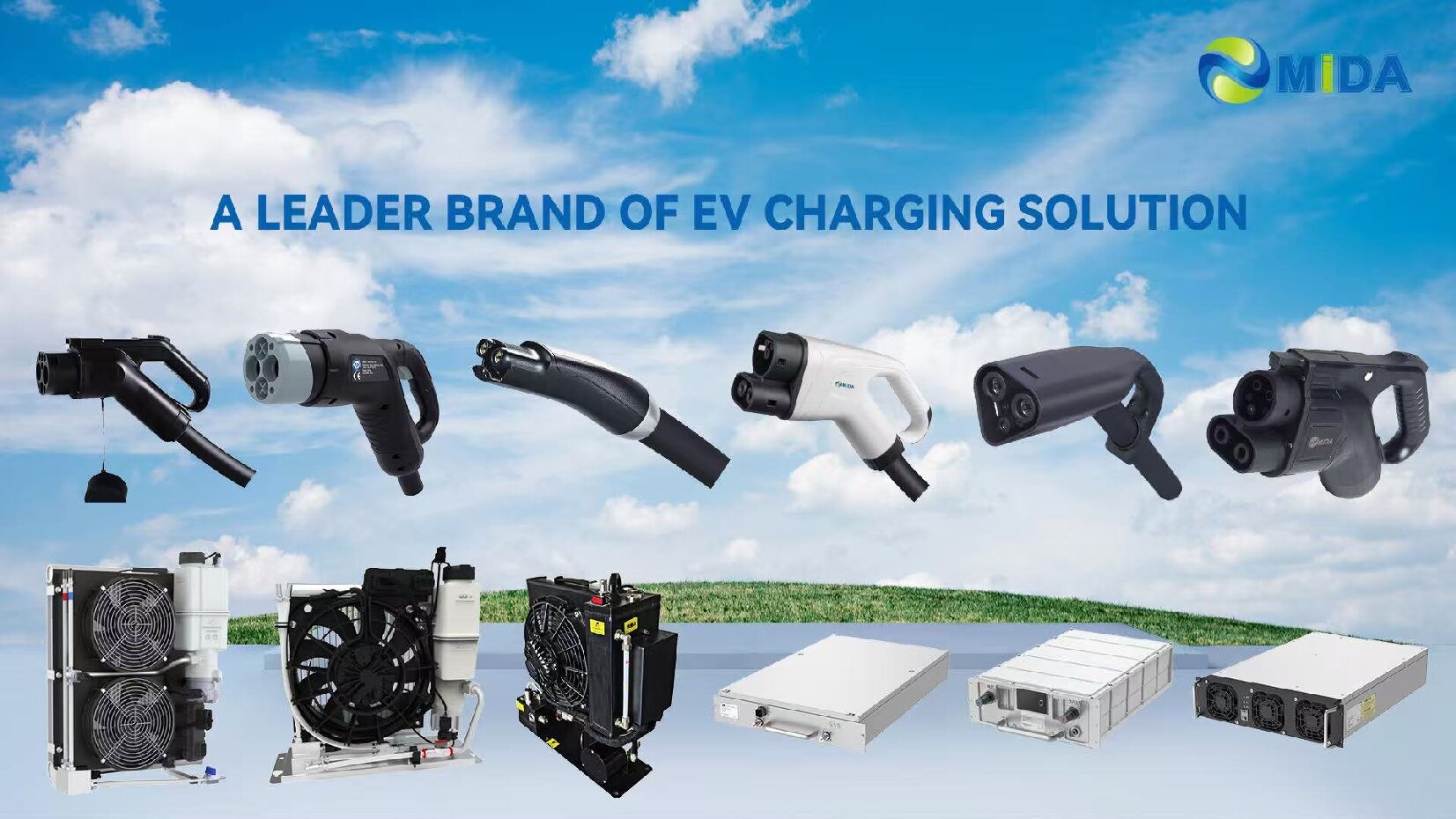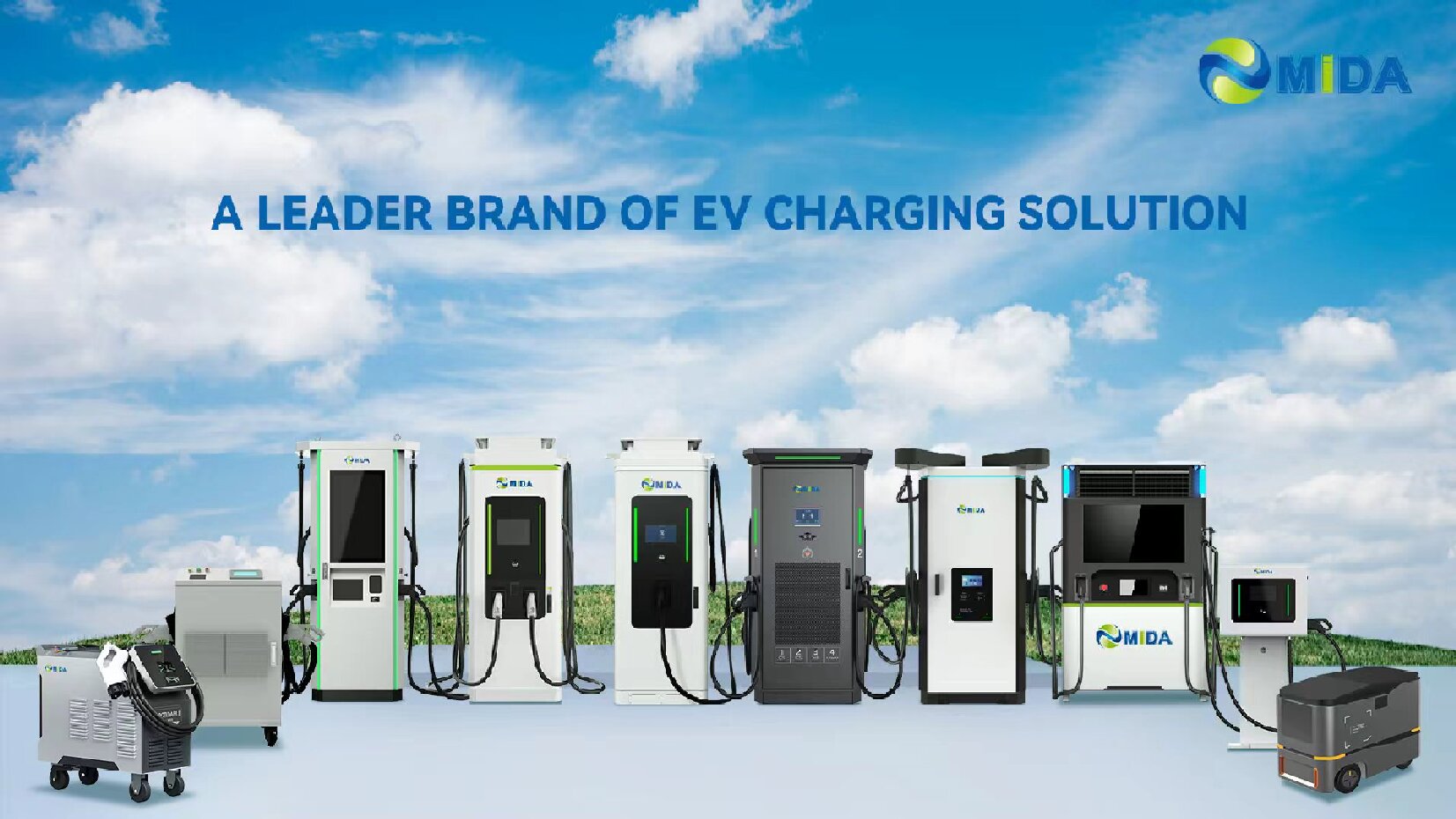This also depends on the car and the charger.
Most of the latest EVs are equipped with the capability to use the growing public network of 50kW “rapid” chargers, while a few models, such as those from Tesla and Audi, can utilise 100kW chargers and beyond.
As you’d expect, larger batteries take longer to charge but on a 50kW rapid charger most current models will charge to 80 per cent in between 60 and 90 minutes.
Hyundai says its 64kWh Kona Electric will take 75 minutes to go from zero to 80 per cent charge on a rapid charger and Renault claims the 52kWh Zoe will add the same charge in 100 minutes. A 40kW Nissan Leaf will go from 20 to 80 per cent charge in around 60 minutes while the 62kW version will take 90.
elow rapid chargers, “fast” chargers operate at between 7kW and 22kW. On public networks these are useful for a quick top-up rather than a full charge. Home wallboxes also generally offer 7kW charging.
A full charge will take somewhere between 7 and 12 hours on a 7kW charger, depending on battery size. For example, a 40kWh Leaf takes around seven and a half hours while the 62kWh model takes 11 and a half. The Zoe will take around eight hours, while the Kona will take nine and a half.
At the very bottom of the charger heap are 3kW slow chargers which, predictably, take about twice as long as a 7kW unit.
Where can I charge my EV?
Most EV buyers opt to have a domestic charger fitted at home and do most of their charging via this.
However, when you’re out and about there are more than 30 networks offering public charging. According to Zap-Map there are currently 9,920 charger locations with a total of 27,450 connectors, ranging from 3kW to 350kW.
Common locations to find public chargers are at motorway service stations, retail parks and supermarkets, public car parks and park-and-ride facilities as well as leisure centres, hotels, visitor attractions and car dealerships.
Post time: Jan-07-2021




